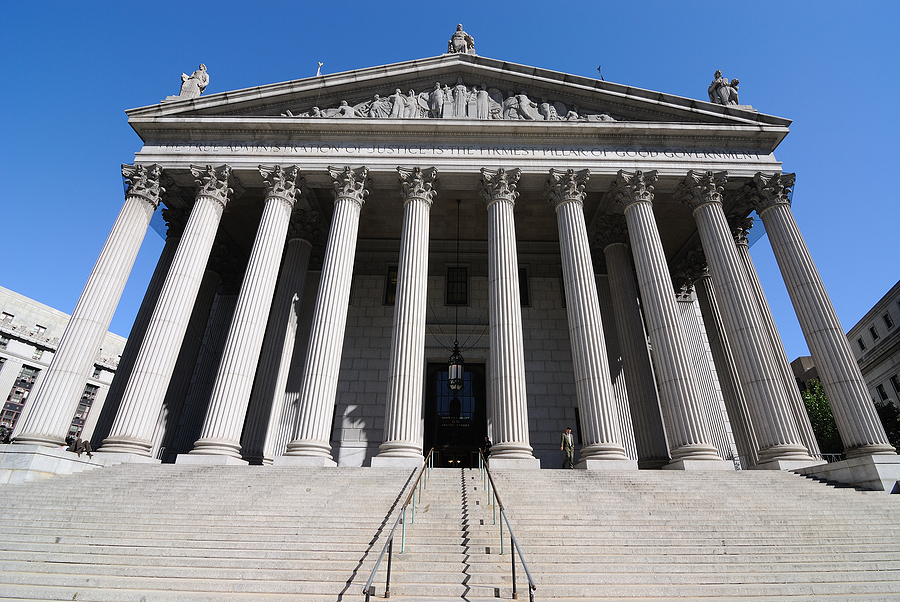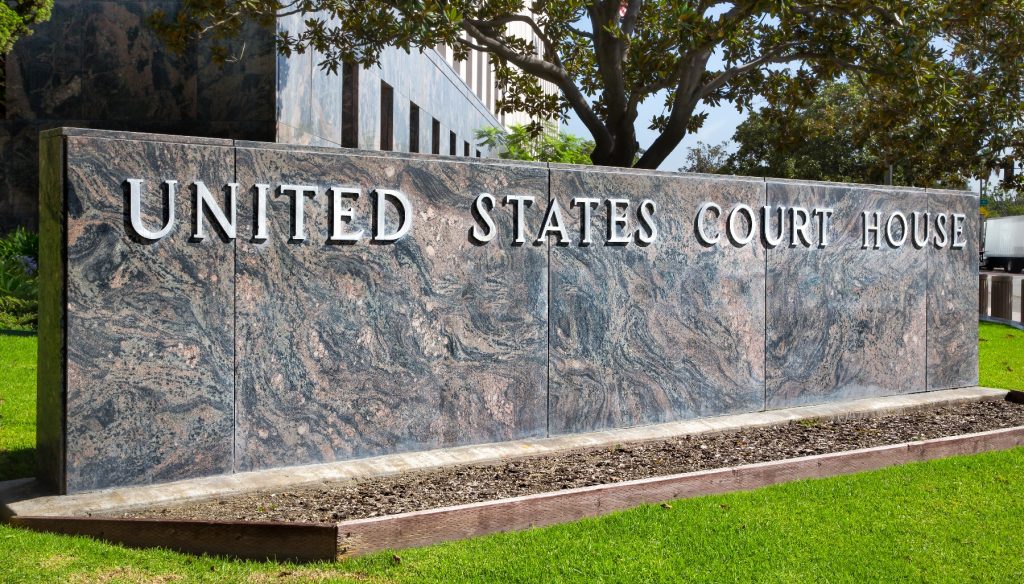Are you facing criminal charges? It helps to know which court system you will be tried in before your initial hearing. State and federal court are the two primary court systems in which all other courts fit under. Between the two, there are several key differences that distinguish one court from the other. Continue reading to learn more.

State Court System Versus Federal Court System
Establishment
The first difference between the two justice systems is their source of establishment. State courts are established by the state or local government. Under state-established courts, local courts are also recognized by cities, counties, and additional municipalities. In contrast, federal court systems are nationally established by the United States Constitution. Under this establishment, the cases that are contested involve the U.S. Constitution, national offenses and laws passed by congress.
Jurisdiction
Another primary difference between the two court systems is jurisdiction, or authority to rule on a case. The types of cases the two courts are permitted to oversee depend on their particular jurisdiction, which can vary depending on several factors. State courts, for instance, have a broad range of jurisdiction, and generally hear numerous types of state-level infringements like traffic violations, minor drug possession, theft, breach of contracts, domestic violence, custody disputes, and various other types of state-level cases and misdemeanor offenses.
Federal courts, on the other hand, only hear cases that involve crimes in violation of the United States Constitution or laws passed by Congress. These are generally more serious cases and felony offenses, such as sex crimes, drug trafficking, white collar crimes, aggravated or violent crimes, bankruptcy, copyright or patent infringements, maritime law cases, and lawsuits against the United States. Federal authority applies to the entire nation, including all 50 states and the District of Columbia, as well as the U.S. territories.
State courts are not allowed to rule on federal-level cases. However, although it is rare, it is possible for both court systems to have jurisdiction in a case. Similarly, federal courts may be permitted to rule on cases involving state laws if the dispute is about a state law potentially violating the Constitution.
Here is an example to better understand which crimes will fall under which category:
If a person robs a bank, they may be tried under state or federal law depending on how the reserves are insured. There are not very many federal laws about bank robbery, so most are tried at a state level. However, if the bank’s reserves are insured by a federal agency, the robber would face felony charges in the federal court system.
Are you looking for a skilled criminal defense lawyer who can fight your Indiana or Federal criminal charges? Contact the Law Office of David E. Lewis at 317-636-7514 to schedule a meeting with our experienced Indianapolis criminal defense law firm. We can hold meetings over the phone or in person at our Indy-based office.
Related Posts:
FAQS About What Might Happen in Criminal Court
Are Federal Courts Different From State Courts?
Possible Court-Ordered Penalties for Felonies and Misdemeanors in Indiana


